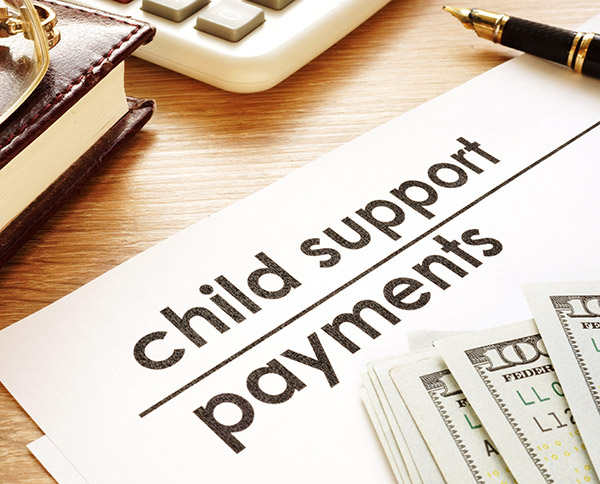The State of Florida has strict laws to ensure children have what they need after a divorce. Child support enforcement is a critical tool to help children, utilizing Florida child support laws to provide food, shelter, clothing, school needs, medical needs, and more. Unfortunately, some non-custodial parents do not abide by these laws. But there are multiple strategies in child support enforcement in Florida to force those parents to pay what they owe when they are legally obligated to provide funds for their children.
Child Support Orders Must Be Instituted
Do you have a child support order in place? This is essential for child support enforcement in Florida. The order must be signed by a judge and filed with a court clerk’s office. If you do not have one currently, a “Petition for Support” should be filed in your county. After the petition is filed, the court will set up a hearing date where you will need to provide proof of income and details of the child or children’s financial needs. When you go to court, an amount will need to be agreed upon by both parents. If an amount cannot be agreed upon, the judge will decide and formalize the agreement with their signature.
An attorney experienced in child support enforcement in Florida can help you:
- institute a child support order,
- assist with each step of the process to get a fair amount of child support, and
- deliver expert legal advice, consultation, negotiations, and other necessary legal services in family law
If the non-custodial parent violates the child support order mandated by the court, then a motion for civil contempt must be filed.
How to Prove the Child Support Order Was Violated
When filing the written request, the motion for civil contempt, you will need to show that you have a valid child support order signed by a judge and have not received sufficient funds required by that order.
Under Florida child support laws, the court assumes that the person responsible for paying the child support funds can pay. If the other parent says they cannot pay, they have to prove it to the court to avoid being held in contempt.
If the judge decides that the non-custodial parent violates the child support agreement, they will be held in contempt. An order will be issued detailing when and how the overdue funds should be paid. Additional penalties may be assessed for the violation, which can include fines or potentially time in jail.
Ways to Collect Overdue and Future Child Support
There are multiple techniques in child support enforcement in Florida to force the funds to be paid. These include specific services, liens, interception of incoming funds, and more.
Here are some of the ways the Florida Child Support Enforcement (CSE) can collect overdue and future child support:
- Directing garnishment from bank or credit union account (>$600 or 4 months is owed)
- Withholding wages/income directly from a paycheck
- Establishing payment plans
- Intercepting tax refunds ($500 or more is owed)
- Intercepting worker’s compensation; lottery winnings of $600 or more
- Placing liens on a vehicle ($600 or more owed) and forcing the sale for funds
- Placing liens on real or personal property and forcing the sales for funds
- Suspending of driver’s license, professional license, or professional certificate
- Checking all financial records, including money market accounts, to pay delinquent funds
Other penalties for child support enforcement in Florida may include revoking passports, reports to consumer reporting agencies, and freezing financial accounts.
Funds that are received through child support enforcement efforts can also be ordered by the court to pay for attorney fees, travel expenses to the court, as well as expert witness fees.
Florida Child Support Attorney
Dean Tsourakis is an experienced, dedicated child support enforcement attorney who understands the importance of child support for Clearwater families. He has a long track record of helping clients ensure their children are provided for after a divorce.
on Apr 7, 2021

